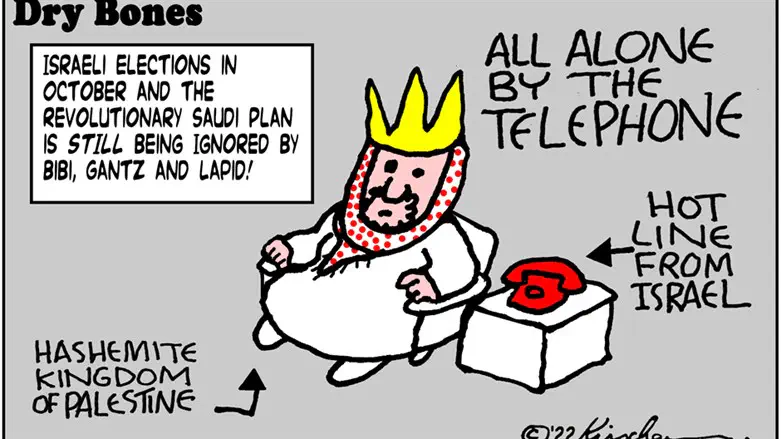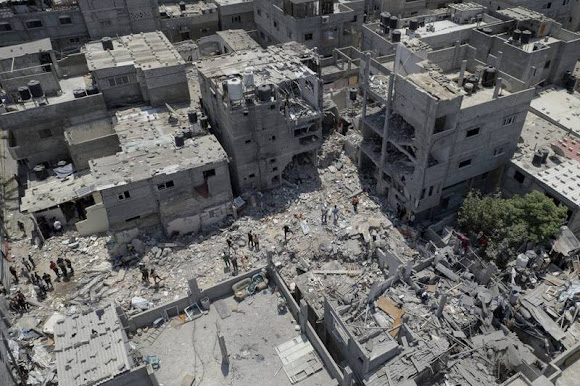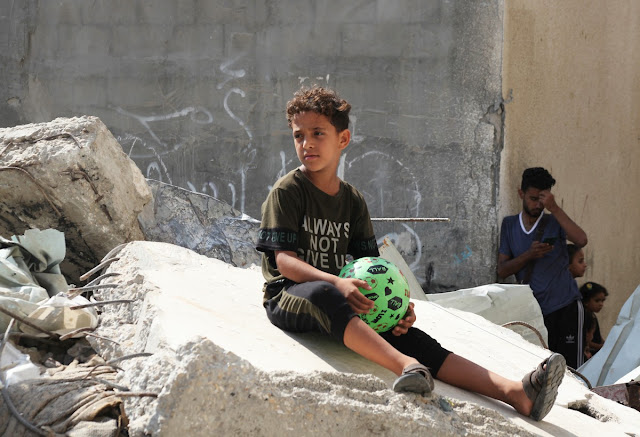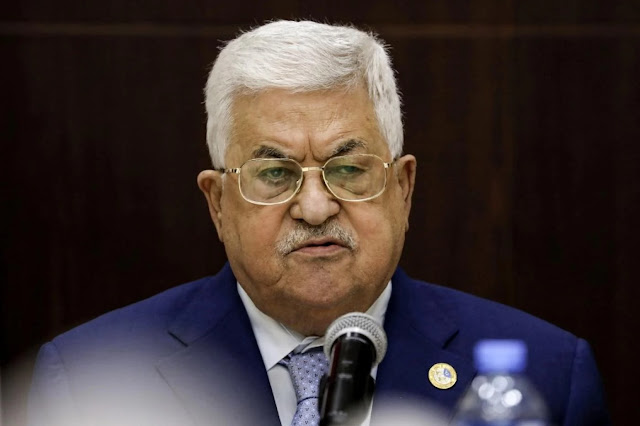It's time for Amnesty International's candle to be extinguished - opinion
The resignation of Amnesty International Secretary-General Agnès Callamard is no longer enough to serve justice. It is time for Amnesty International to complete its 60-year mission and go down in history, before all memories of the heroic days of the struggle for human rights have faded. The scandal with the Ukrainian report is a moment that Amnesty should seize and close its doors forever. It is the only remaining honorable exit, worthy of a Nobel Peace Prize winner.Gerald M. Steinberg: False Accusations and Ideological Bias
Unfortunately, Amnesty International did not understand this and thus it condemned itself to a shameful and painful end. And not only itself, but also all its predecessors who fought against torture in the past six decades, including the founding father of Amnesty, Peter Benenson.
“It is better to light a candle than to curse the darkness,” wrote this British lawyer back in 1961 in a famous article for The Observer, in which he demanded the release of two Portuguese students, victims of Salazar’s dictatorship and thus laid the foundation of one of the largest global organizations for the protection of human rights. Looking at his successors today, Benenson would probably say – “It is better to extinguish the candle than to celebrate the darkness.”
With the report on Ukraine, Amnesty International celebrated the darkness and helped to make it even thicker. Accusing Ukraine of knowingly sacrificing civilians by deploying its military forces in residential areas is an unforgivable support for the worst human rights violation the world has seen since World War II.
With this report, Amnesty has done the greatest service to Russian aggression since it began almost six months ago. Incomparably greater than all its propagandists have achieved together since February 24. This is a service for which the Kremlin would gladly give billions, because that’s what it will really be worth, if Amnesty International survives and continues to work as it has been working until now.
In his critique of Amnesty’s report, Tom Mutch describes an encounter with Rovera during her “investigations”:
In May this year, I was sat around a table with Donatella Rovera, Amnesty International’s Senior Crisis researcher predicting their upcoming report would land like a lead balloon. We were in the kitchen of our hotel in Kramatorsk, the administrative capital of Ukrainian-controlled Donetsk and we could hear the boom of artillery outside our windows every hour.
Rather than expressing shock at the relentless Russian bombardment, the Amnesty staff seemed much more concerned with the fact that a Ukrainian army unit had taken refuge in the basement of a college building.
We’d all been to the building: an abandoned language school in the frontline town of Bakhmut which had been turned into a temporary barracks for a Ukrainian unit. This is not a war crime. A military is perfectly entitled to set up in an evacuated educational institution, although of course that building can no longer claim civilian protection and there was a mainly abandoned civilian apartment block over the road, which had not been fully evacuated.
But Rovera was insistent that this military presence in a populated area was a “violation of international humanitarian law”’. When I pressed her on how the Ukrainian Army was supposed to defend a populated area, she said that it was irrelevant.
In many respects, this exchange summarizes the absence of credibility—both factual and legal—in these NGO attempts to investigate and report on conflict, and to assign blame. The same fundamental flaws in Amnesty’s report on the Ukraine, and the allegations of “putting civilians in harm’s way” have been documented in numerous other reports, particularly in the attempts to delegitimize Israeli responses to war and mass terror. Amnesty’s researchers, like those of HRW or the UN Human Rights Council, are not experts and do not even attempt to provide credible and verifiable sources to support what are often their pre-determined conclusions. Their judgments on international humanitarian law and the laws of armed conflict are no more than opinions, exploiting the ambiguity and largely theoretical nature of this discourse.
The sooner journalists, academics, diplomats, UN officials, and others acknowledge this reality, and the hollow state of the NGO campaigns based on these illusions, the better. More than enough damage, much of it irreversible, has already been caused by “reports” based on false accusations and ideological bias.
Sbarro and Malki Roth remembered via JM in the AM
Coinciding with the twenty-first anniversary of the Hamas bombing attack on a Jerusalem Sbarro pizzeria, Nachum Segal hosted Arnold Roth, father of Malki Roth who was one of the fifteen innocents murdered in the atrocity. Arnold took part by phone from Jerusalem.
They discussed Keren Malki (the Malki Foundation) and the ongoing efforts to get terrorist Ahlam Tamimi extradited from Jordan to the US to face federal charges and more.
Nachum Segal, as recounted in Wikipedia, is an American radio disc jockey. He has hosted the program Jewish Moments in the Morning (commonly abbreviated as JM in the AM) since September 1983.
Every morning from 6 to 9, Segal runs his show incorporating music, interviews, news reports and much more. The Nachum Segal Network has a number of different programs during the non-morning hours (schedule here).
According to Wikipedia, Segal's advocacy for social causes and his longevity has propelled JM in the AM to be regarded as the radio program of record in the Jewish world. He is known for analyzing and probing issues from the perspective of the Jewish world. Influential members of the political world – from ambassadors to senators to Members of Kness
et – have sought time on the air and joined Segal in the studio. JM in the AM has been called the "Voice of Klal Yisrael (The Whole of Israel)".
Click the button above to hear an audio record of the program.

















































